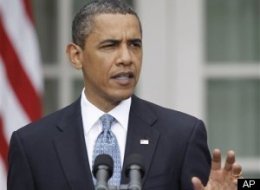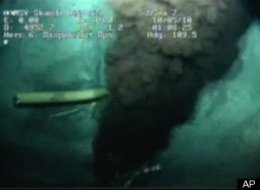
Back in the 1970s, before there was a computer in every lap, before computers were comprehensible, Gore tried to explain artificial intelligence & fiber-optic networks to his colleagues in Congress.
According to internet pioneers Vint Cerf & Bob Kahn: "As far back as the 1970s, Gore promoted the idea of high speed telecommunications as an engine for both economic growth & the improvement of our educational system. He was the first elected official to grasp the potential of computer communications to have a broader impact than just improving the conduct of science and scholarship -- The Internet, as we know it today, was not deployed until 1983. When the Internet was still in the early stages of its deployment, Congressman Gore provided intellectual leadership by helping create the vision of the potential benefits of high speed computing & communication. As an example, he sponsored hearings on how advanced technologies might be put to use in areas like coordinating the response of government agencies to natural disasters & other crises."
As a Senator, Gore began to craft the High Performance Computing & Communication Act of 1991 (commonly referred to as "The Gore Bill") after hearing a report to Congress in 1988 by a group chaired by Leonard Kleinrock, one of the central creators of the ARPANET (the ARPANET, first deployed by Kleinrock & others in 1969, is the predecessor of the Internet). The bill was passed on December 9, 1991 & led to the National Information Infrastructure (NII) which Gore referred
Read the Article at HuffingtonPost
Read more...
















